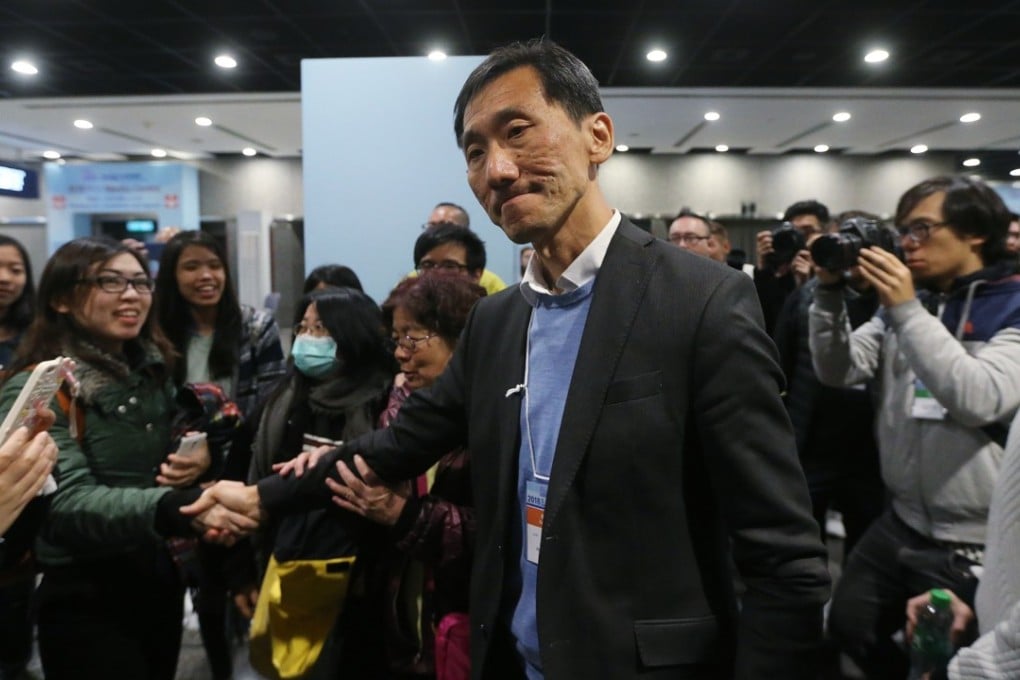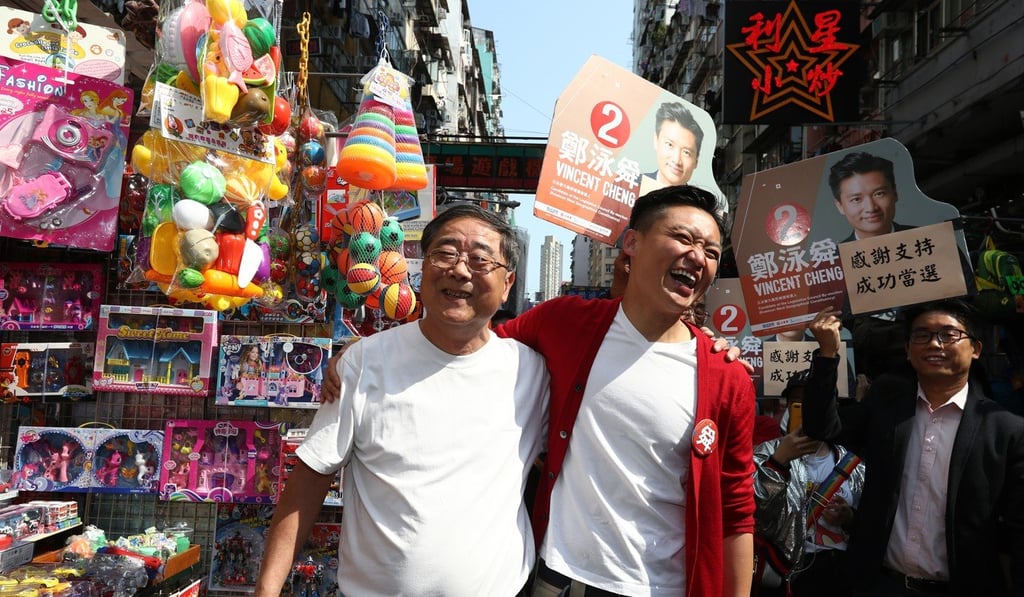Advertisement
Hong Kong pan-democrats’ by-election losses show the politics of anger is losing its lustre
Regina Ip says the pan-democrat camp’s poor showing at last Sunday’s by-election indicates that voters are more concerned with livelihood issues than political fantasies
Reading Time:3 minutes
Why you can trust SCMP

In Hong Kong, a city where election to the highest political office is tightly controlled by a predominantly pro-government Election Committee, elections to the legislature come closest to popular contests capable of redrawing the political landscape and shifting the balance of power.
The importance of the Legislative Council in Hong Kong cannot be overemphasised. Despite complaints from democratic supporters that Legco has only veto power, not the power to govern as in the British parliamentary system, its power to veto and to filibuster has in recent years caused the government’s legislative and public works programmes much delay and exacted a high political price from the government on more than one occasion.
The outcomes of the Legco by-elections last Sunday could mark the threshold of a change in the distribution of power in Legco that would spell the end of pan-democratic dominance. To the disappointment of the pan-democrats, who had hoped to win all four seats up for grabs (one in the Architecture, Surveying, Planning and Landscape functional constituency, the others in Hong Kong Island, Kowloon West, and New Territories East), the camp managed to capture only two seats: Hong Kong Island and New Territories East.
Pan-democrat candidates cannot expect to continue to win by just flying a pro-democracy banner. Nor can they bank on winning by slamming the government
In Kowloon West, Vincent Cheng Wing-shun from the dyed-in-the-wool, pro-China Democratic Alliance for the Betterment and Progress of Hong Kong, scored a historic first by representing the pro-establishment camp in winning in a single-seat, single-constituency election. Not only did the pan-democrats fail to win in Kowloon West, they suffered a sharp fall in votes in all three geographical constituencies. Collectively, the pan-democrats lost 252,035 votes, or a decline of about 37 per cent, compared to their vote count in the 2016 Legco election.
Advertisement
The unexpected cratering of support could be due to a combination of reasons. In Kowloon West, the poor campaign tactics of the pan-democratic challenger Edward Yiu Chung-yim, who parachuted into the constituency after he won the pan-democrats’ “primary”, versus the much deeper roots and more appealing image of Cheng, were no doubt key factors.
But Yiu’s loss, coupled with the poor showings of the other pan-democrat candidates, drive home the reality that pan-democrat candidates cannot expect to continue to win by just flying a pro-democracy banner. Nor can they bank on winning by slamming the government – on this occasion, the government’s disqualification of legislators who failed to take their oaths properly.
Could self-declared moderate Christine Fong be a threat to Hong Kong’s democracy camp?

Advertisement
Advertisement
Select Voice
Choose your listening speed
Get through articles 2x faster
1.25x
250 WPM
Slow
Average
Fast
1.25x